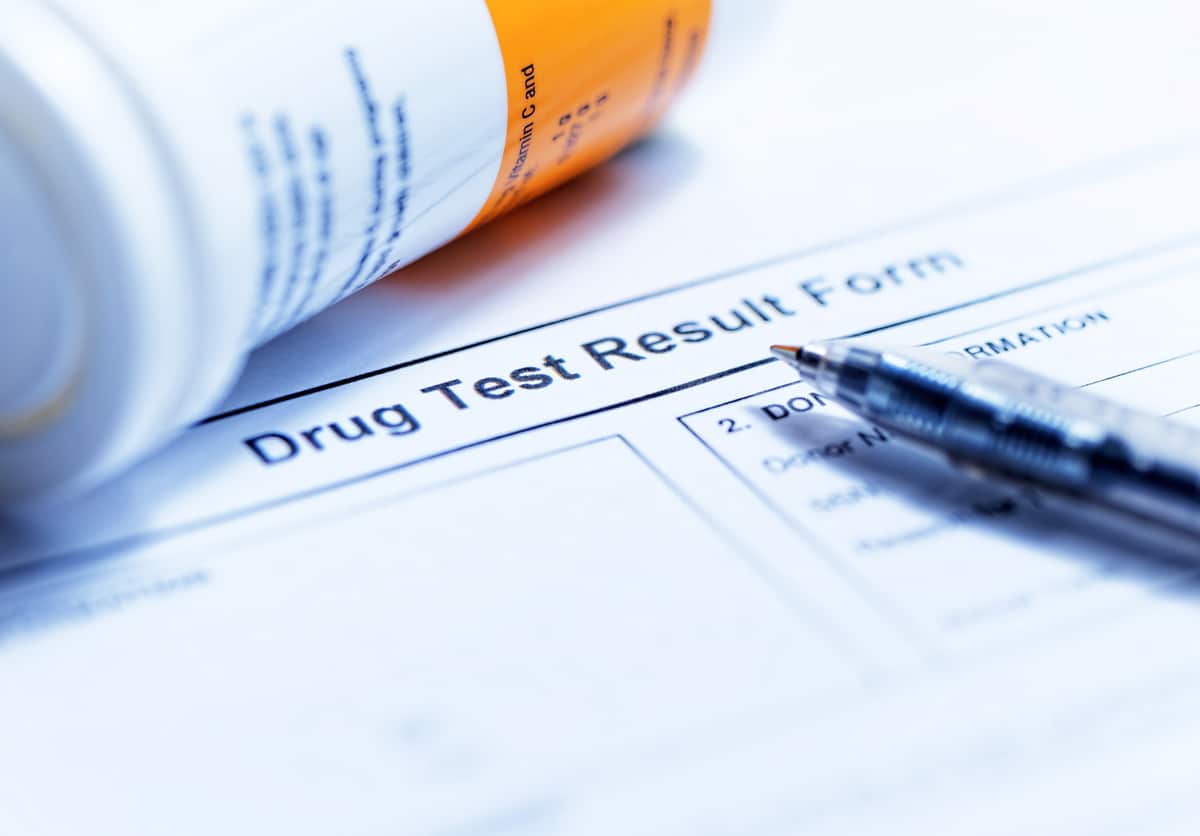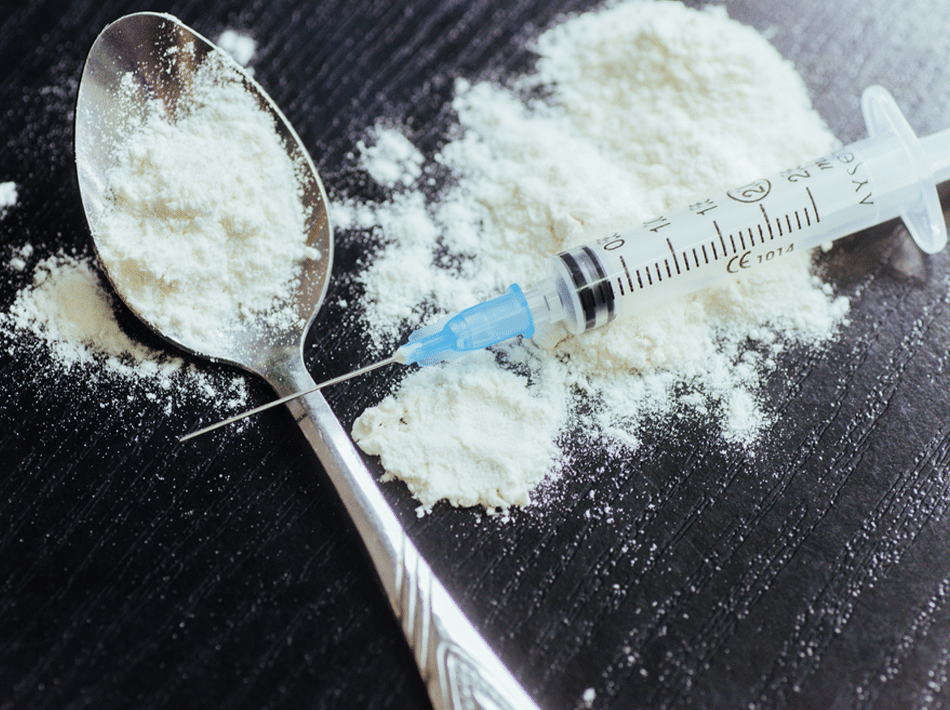Understanding Suboxone
Suboxone is the brand name for the drug Buprenorphine which also contains Naloxone. Suboxone (Buprenorphine) is an opioid partial agonist which assists in diminishing the physical dependency effects of opioids, such as the symptoms of withdrawal and cravings. Also, Suboxone (Buprenorphine) has a lower potential for misuse and can increase safety for patients in cases of overdose. The Naloxone part of Suboxone is very useful as it provides a deterrent to misuse of the medication Buprenorphine as well as other opioids and opiates. The main difference between Suboxone (Buprenorphine) and other opioids and opiates is that Suboxone is administered by a physician and with the combination of Naloxone assists in preventing the misuse of the medication. Suboxone (Buprenorphine) also has weaker negative effects than other full opioid agonists such as Methadone.
Drug Testing Methods for Opioids/Opiates and Suboxone
There are multiple types of drug tests on the market, which include saliva (oral fluid), urine, hair, blood, or sweat samples. The most commonly used is a urine screening as it can also provide an almost instant result. The problem with these tests is they are less accurate than other forms of testing and can only detect general drug category areas when performed as a rapid test. To assist in the rapid testing, the test looks for commonalities between substances to test positive. Suboxone (Buprenorphine) as it counts as an opioid often will not appear in a general urine rapid test unless the test is Buprenorphine specific. All urine test samples can be sent to a laboratory for more further testing to see more specific results.
The other forms of drug testing are more precise than the rapid urine testing. The results which will show from each of these tests all vary pending what the laboratory has set the testing parameters. Most common testing is a 12 panel, which often do not include specific testing for Suboxone (Buprenorphine). With more advanced laboratory testing it has the ability to see individual substances instead of only general categories. This allows for results to be very specific to different types of medication or substances, including but not limited to Suboxone (Buprenorphine). It is important to know that different types of drug testing can detect substances for differing periods of time in your system, with hair follicle testing being the longest.
How Long Does Suboxone (Buprenorphine) Stay in Your System?
This all depends on the type of testing that is being performed. Suboxone (Buprenorphine) has a long half-life in your system, which means it can be detected longer than many other opioids. Hair follicle testing is the testing method that can detect substances for the longest period of time and Suboxone (Buprenorphine) can be detected via this method for up to three months. Urine testing which is the most common can detect Suboxone (Buprenorphine) for up to two weeks. Remember that many rapid urine testing may not detect Suboxone (Buprenorphine) unless specifically designed for that purpose. Saliva or Oral Fluid testing can vary with it being only a few days or up to slightly over a week. With all substances the detection times can vary pending the length of usage and amount consumed among other factors, therefore giving exact timeframes is not feasible other than the guidelines provided.
Drug Testing Practices in Different Settings
Drug testing for employment is a common practice and done for multiple reasons. One of the main reasons is to detect if an individual may have a substance abuse problem and prevent the employer from entering a business relationship with someone that may pose a problem with substance abuse. Employers may also conduct random testing, test after any accident in the workplace, test for any reasonable suspicion of substance abuse (including alcohol), and before an employee returns to work after any break in employment or leave. It is important to know that an employer cannot discriminate against an individual for taking Suboxone (Buprenorphine) as long as it is prescribed to the individual and they are taking the medication as prescribed.
In medical settings, drug testing is important so that the medical professionals know all substances an individual has in their system. Both legal and illegal substances, including over the counter medications are important for medical providers to be aware of. Suboxone (Buprenorphine) testing would be important for medical providers to know pain tolerance as well as other medication in combination with Buprenorphine can have bad effects some potentially fatal.
Drug testing in substance abuse treatment programs is required for many reasons. A main reason is to understand the level of care that an individual needs based off of current usage or relapses. Another reason with any substance abuse treatment program administering Suboxone (Buprenorphine) for Medication Assisted Treatment (MAT), now called Medications for Opioid Use Disorder (MOUD), is to know if the patient is taking other substances that can have fatal interactions with Buprenorphine, such as Benzodiazepines. It is also important for treatment facilities to ensure that the patients are taking their prescribed medications.
Factors Affecting Suboxone Detection in Drug Tests
There are multiple factors which can affect how any substance appears in drug tests. One of those factors is the amount or dosage of the substance the individual is taking. Very small amounts of any substance may have a very short time lived in a person’s system to be detectable. But this is only true for extremely small or trace amounts. For Suboxone (Buprenorphine) the amount that is minimally medically beneficial is sufficient to show in any drug testing method designed to test for Suboxone (Buprenorphine). A second factor is the length of substance usage for how long a substance can appear in drug testing. This is more finite than dosage, but a singular small usage may show for less time than minimal but consistent usage over a longer period of time. For Suboxone (Buprenorphine) this is partly true as well, however for anyone taking medication as prescribed would be on the medication daily, therefore having the presence last the maximum time as noted earlier in this blog.
There are always individual differences in how any substance affects an individual, how we process the substance internally, such as metabolism. With Suboxone (Buprenorphine) as well as any other substances, there has been no empirical data to show that metabolism has any effects on the presence of Suboxone (Buprenorphine) in a person’s system for drug testing. It is important to note that there are always individual differences and therefore most information is given in general as a range.
Common Misconceptions About Suboxone and Drug Testing
Suboxone (Buprenorphine) cannot mask the presence of another drug in a drug test. If there is any concern of this happening, a more advanced testing method should be requested. If completed via urine rapid test, the sample should be requested to be sent to a laboratory for more stringent testing. Suboxone (Buprenorphine) should not cause any false positives for other substances to appear in drug testing. While Buprenorphine, the main active ingredient in Suboxone is an opioid and in that sense similar to other opioids and their natural opiate counterparts, there are differences. The metabolites from Buprenorphine are different than other opioids and this is what is tested during the drug testing process, thus having the drug appear different than that of other synthetic opioids or natural opiates.
Tips for Navigating Suboxone and Drug Testing
It is very important that any taking a drug test is open and honest with those performing the tests. That person should let the person know of any medications either prescription or over the counter the person has taken in the recent past. For any controlled substance that a person is currently taking via prescription, it is important to provide the tester proof of this prescription. This applies to Suboxone (Buprenorphine) as well as any other controlled substance an individual may be prescribed. If you doubt any result of a drug test, you should seek professional advice.





